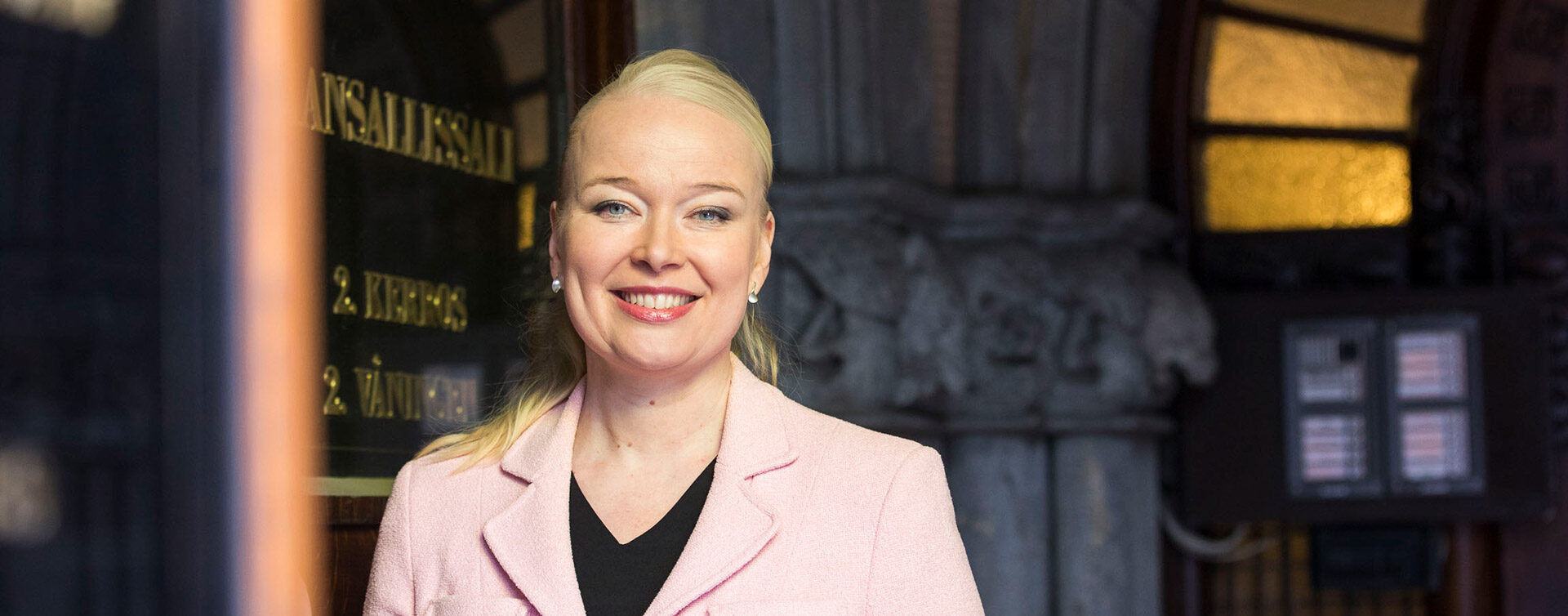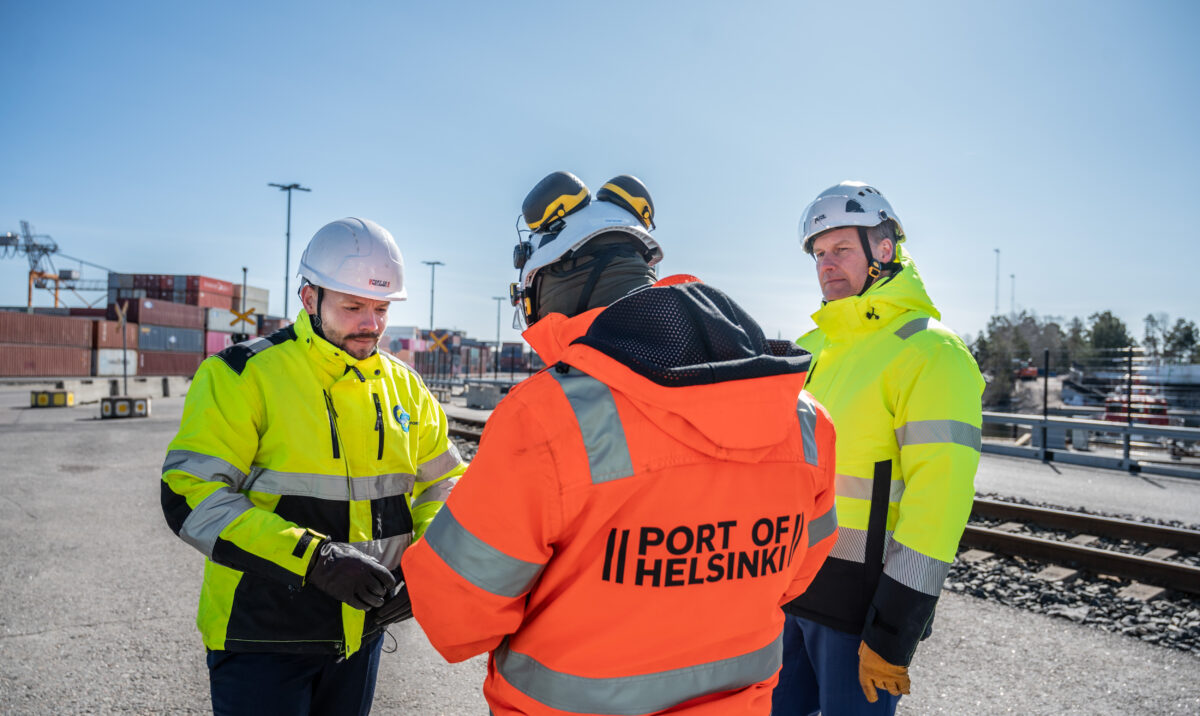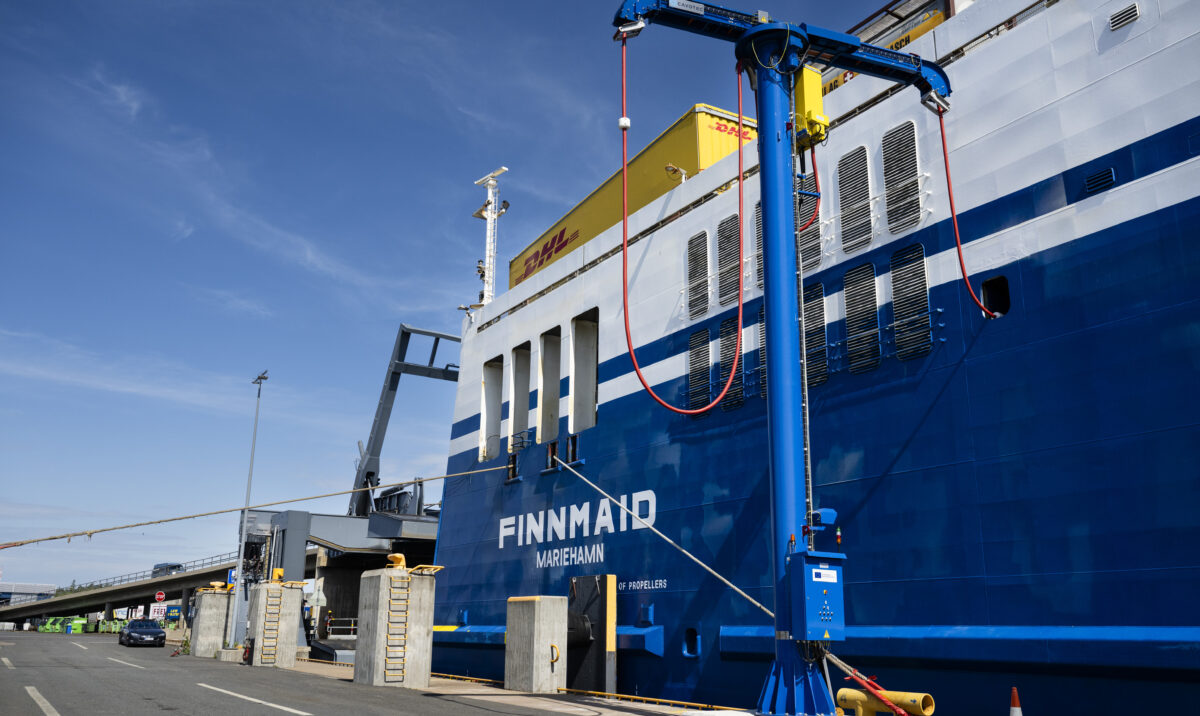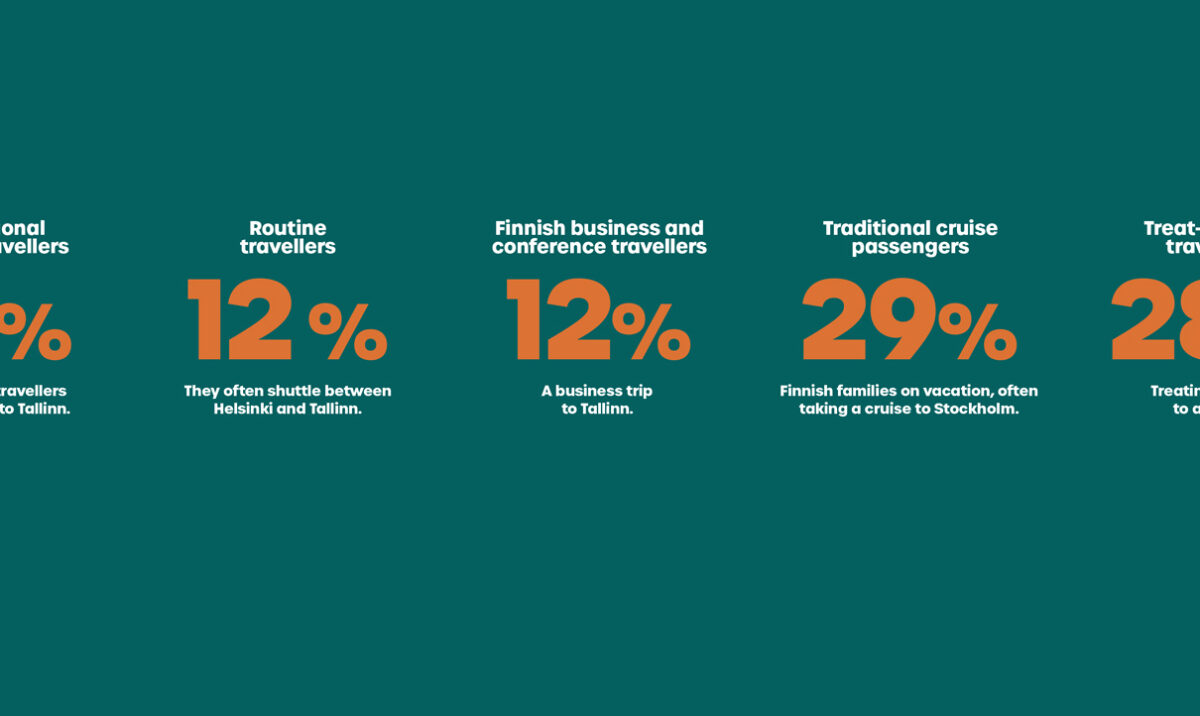
Towards carbon neutral shipping in a changed situation
The world changed irrevocably on 24 February. Russia’s invasion of Ukraine also had a significant impact on shipping and logistics.
Although several Finnish shipping companies were still visiting Russian ports in the early year, all of them stopped during the spring, as did the majority of European shipping companies.
It is often said that Finland is like an island. And what’s more, we are a backwater island on the outskirts of Europe, where ships push through the ice to keep the wheels of society turning. In February, our operating environment changed irrevocably for many years – if not decades – to come. 1,300 kilometres of this island’s coastline were closed, and tensions in the Baltic Sea rose to a whole new level in the blink of an eye. Ensuring the continuity of maritime transport under all circumstances is now more important than ever.
In Finland, our special strength is cooperation. Our security of supply organisation is an excellent example of cross-border cooperation. Companies in different sectors engage in close, long-term cooperation both with each other and the authorities to ensure that society will remain functional, and that people will have food, medicine and warm homes even if our country is shaken by exceptional circumstances and threats. Cooperation is our strength, and in these times there is good reason to further strengthen it.
At the same time, we must also promote the green transition. The International Chamber of Shipping (ICS) is aiming for shipping to be carbon neutral worldwide by 2050.
This target is considerably more ambitious than that of the International Maritime Organisation (IMO).
Shipping is expected to be included in the EU emissions trading scheme in 2024 as part of the FitFor55 climate package. Three-way negotiations between the European Parliament, Council and Commission are currently ongoing. From the perspective of smooth and safe winter shipping, and therefore also Finland’s competitiveness, it is essential that our northern conditions and winter shipping are taken into account fully and permanently in both emissions trading and the FuelEUMaritime initiative, which aims to increase the use of renewable fuels. Taking ice-class tonnage into consideration in the regulations is also a question of security of supply.
The availability of new, fossil-free fuels to meet all shipping needs will be a decisive factor in achieving the green transition in maritime transport.
In this, we are still in the early stages. All possible measures should be taken to ensure both the availability of new fuels and an adequate distribution infrastructure.
In December, the IMO will discuss a global economic instrument for shipping. Shipping companies are in favour of a global carbon levy. From the perspective of fairness – and above all effectiveness – it is essential to replace local systems with a global economic instrument for shipping. There should be a clear record of this in the EU emissions trading system directive for shipping. If the same emissions are paid for several times over, the cost burden will be unreasonable for Finland due to the lengthy sea journeys required to reach the country.
Tiina Tuurnala is the CEO of the Finnish Shipowners’ Association.





